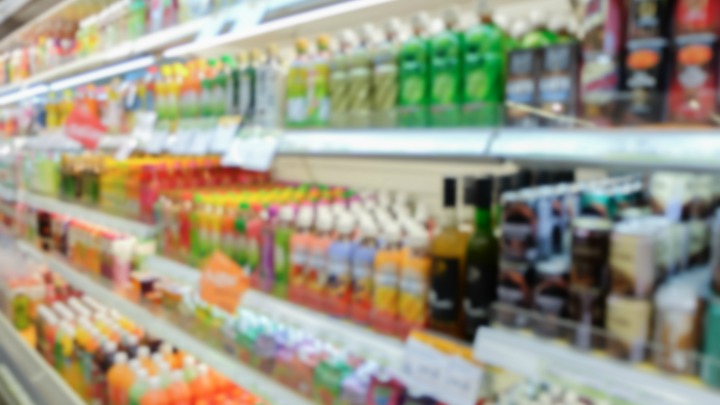Four beverages you should never drink past their expiration date

If you’ve ever picked up a milk carton from the fridge, looked at its expiration date and realised it’s a few days past. A quick sniff indicates that all seems okay, so you use the product anyway and there are no consequences.
It’s got us wondering: do expiration dates on drinks really mean anything?
For the most part, expiration dates are based on product quality, not contamination risk. When these dates are set it’s because of legislation, but that doesn’t always mean scientific evidence has been used.
Read more: What to do when your medication is expired
Of course there are some things where you can overlook the expiration date, but when it comes to drinks food scientists want you to take note.
Avoid drinking anything raw
Unpasteurised drinks, such as milk, are known for their danger of E coli but they can also support listeria growth, even when stored in the fridge. The pasteurisation process kills E coli pathogens because it heats milk (and other beverages) to a temperature so high bacteria can’t stand it.
Avoid drinking 100 per cent vegetable juices
Your fruit juice tends to be acidic, which is good if you want protection against those foodborne pathogens. However, fresh vegetable juices that aren’t blended with fruit juices are likely to be contaminated once past their expiration date and this makes them unsafe to drink.
Avoid cold pasteurised drinks
While cold pasteurisation kills bacteria in food, it does so without using heat. High pressure processing is one of the most common methods of cold pasteurisation and is associated with fresh juice. It works when intense pressure is applied to an already bottled beverage in order to kill off potential pathogens and create a longer shelf life. But according to the experts, this is not as effective as pasteurising with heat.
Make sure your drinks are stored properly
Obviously if you buy a drink from the refrigerated section of the supermarket it will go off faster than the stuff on the shelves. The key here is to keep your drinks at the right temperature. Check the temperature of your fridge at home if you are concerned about food products going off — you want it to be around 4C to keep your food safe and your electricity bills low.








 Proudly Australian owned and operated
Proudly Australian owned and operated